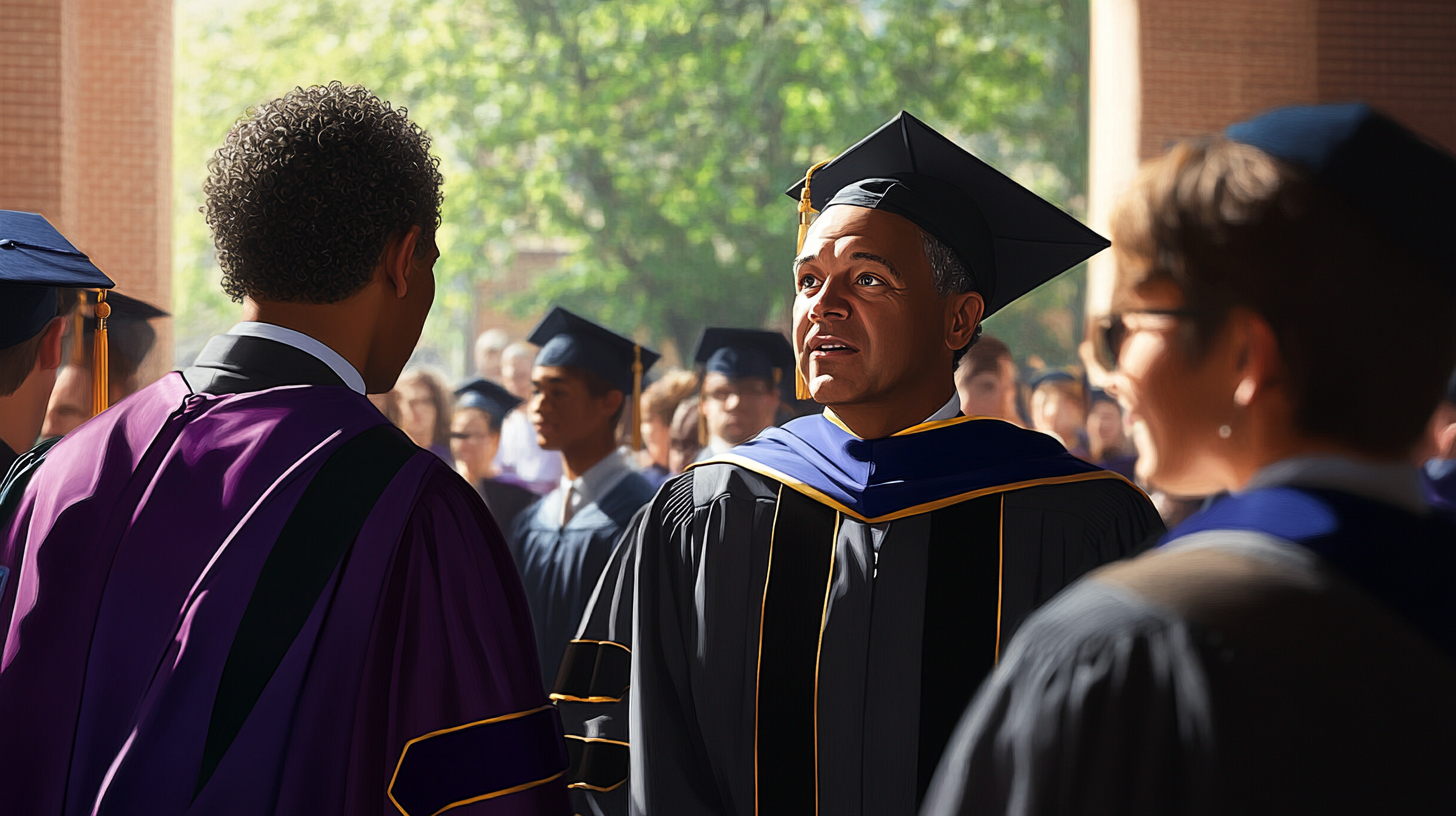“`html
Larry Summers Critiques Ivy League Social Justice Focus Over Excellence
Former Harvard President Larry Summers has reignited debate over the priorities of Ivy League institutions by criticizing their emphasis on social justice initiatives at the expense of academic excellence. His comments, shared with Fortune, have not only stirred discussions nationwide but have also raised questions about the implications for local communities where these prestigious schools have significant influence.
Understanding the Debate: Summers’ Concerns
Summers, known for his tenure as an influential economist and public policy advocate, argued that Ivy League schools, including his alma mater, are increasingly prioritizing social justice agendas over the traditional academic metrics of excellence. His assertion hinges on trends such as grade inflation and admissions criteria focusing more on diversity and inclusion than purely academic achievements. Summers claims that these shifts could undermine the rigorous educational standards that have historically defined these institutions.
In a statement drawing widespread attention, he remarked, “The commitment to social justice, while admirable, should not come at the expense of the excellence that has long been the hallmark of our top universities. We risk diminishing the foundational qualities that make these institutions global leaders in education and research.”
Local Academic Perspective and Community Impact
Locally, educators and residents are reflecting on what these national trends might mean for community institutions linked with the Ivy League. Dr. Rebecca Sanchez, a professor at a local university, sees Summers’ comments as a call to balance inclusivity with academic vigor. “It’s crucial to foster an environment where diversity and academic excellence coexist. Prioritizing one over the other can create imbalances that affect both educational outcomes and community trust,” she commented.
For residents and students in areas adjacent to Ivy League universities, such as those in communities around Yale or Princeton, this debate highlights the evolving role of these elite institutions as both neighbors and influencers. Many local residents, like Jane McPherson of New Haven, Conn., are concerned about how shifting university policies might affect local high school students’ chances of admission. “We’re proud of our youngsters aiming for these schools. If admissions lean too heavily on non-academic factors, there’s a worry about how it will affect deserving students,” McPherson noted.
Historical Context and Future Implications
This is not the first time Ivy League schools have been critiqued for evolving admission standards and academic policies. Historically, these institutions have oscillated between upholding strict academic admissions criteria and adapting to societal changes that demand greater inclusion and equity. Summers’ statements revive these longstanding debates, prompting conversations on maintaining a balanced educational approach that champions both excellence and inclusivity.
The potential future implications of Summers’ critiques include influencing admissions policies across not only Ivy League schools but also other top-tier universities striving for a similar balance. As these discussions continue, they bear watching for potential ripple effects on regional educational strategies and policies.
Community Resources and Continuing Dialogue
Community members interested in further exploring the impact of these evolving educational policies can participate in upcoming forums and public discussions hosted by local educational institutions. These events aim to encourage constructive dialogue, focusing on how to effectively integrate values of social justice without compromising educational standards.
For residents seeking resources or involvement opportunities, local libraries and community centers will provide educational materials and host seminars that delve into the nuances of these debates. Engaged residents like Thomas Gordon advocate for community input, noting, “These policy shifts at universities affect us here, too. It’s vital that we stay informed and have our voices heard in the process.”
In summary, while Larry Summers’ criticism of the Ivy League’s focus on social justice over academic excellence has fueled a national conversation, its significance resonates deeply within local communities tied to these iconic institutions. As educational policies evolve, maintaining community interest and engagement remains crucial, ensuring the educational framework aligns with the broader needs of society without sacrificing academic integrity.
“`







